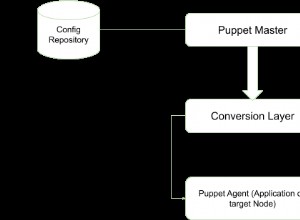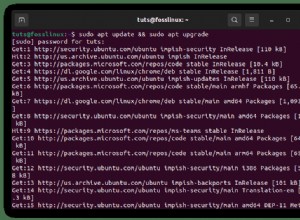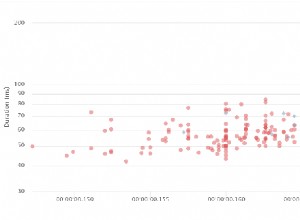Pierwszy npm i mongodb ponieważ będziesz musiał owinąć dowolny identyfikator new ObjectID(idStr) .
Następnie możesz to zrobić:
const collection = Pet.getDatastore().manager.collection(Pet.tableName);
const res = await collection.find({ name: { $regex: /blue/ } });
const dataWithObjectIds = await res.toArray();
const dataWithIds = JSON.parse(JSON.stringify(rawDataArr).replace(/"_id"/g, '"id"'));
Stworzyłem funkcję pomocniczą, która zrobi to wszystko za nas:
/**
* Use by chaining as if you were acting on a collection. So can use .find .aggregate etc.
* Returns json searializable data.
*
* @param {class} model A model
* @param {number} cnt - Number of chains on this, so I know when it reached the end
*/
function nativeMongoQuery(model, cnt) {
const collection = model.getDatastore().manager.collection(model.tableName);
let callCnt = 0;
let req;
const proxy = new Proxy({}, {
get: (_, method) => (...args) => {
if (!req) req = collection[method](...args);
else req = req[method](...args);
callCnt++;
if (callCnt === cnt) {
return (async function() {
const rawDataArr = await req.toArray();
return JSON.parse(JSON.stringify(rawDataArr).replace(/"_id"/g, '"id"'));
})();
} else {
return proxy;
}
}
});
return proxy;
}
module.exports = nativeMongoQuery;
Nie podoba mi się parsowanie JSON, tworzenie łańcuchów i zastępowanie globalne. Ale jeśli nie zrobię stringify, to mongo _id są wszystkie ObjectId s.
Użyj go w ten sposób:
const { ObjectId } = require('mongodb');
function makeObjectId(id) {
return new ObjectId(id);
}
const ownerIds = ['5349b4ddd2781d08c09890f4', '5349b4ddd2781d08c09890f5']
const ownerObjectIds = ownerIds.map(makeObjectId);
await nativeMongoQuery(Pet, 2).find({ owner: { $in: ownerObjectIds } }).sort({ dueAt: 1 });
Oto kolejny przykład:
const mostRecentlyCreatedPets = await nativeMongoQuery(Pet, 1).aggregate([
{ $match: { owner: { $in: ownerObjectIds } } },
{ $sort: { createdAt: -1 } },
{ $limit: 1 }
]);
cnt argument mówi ci, ile rzeczy tam przykułeś.




